Coronavirus: How cruise adventure became a nightmare
It was the news passengers on the cruiser MV Greg Mortimer had dreaded. The ‘oh my God’ moment that kicked off a nightmare. Someone onboard had contracted COVID-19.
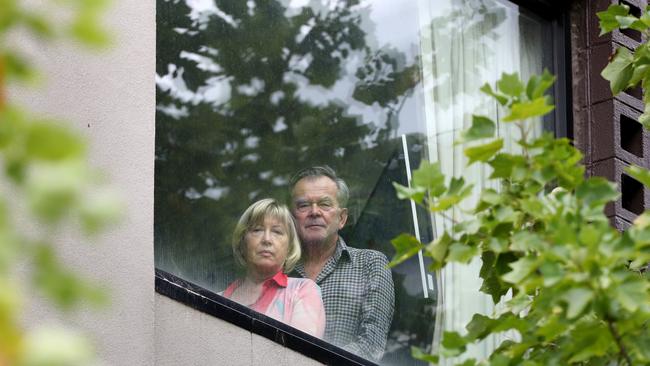
It was the news passengers on the luxury expedition cruiser MV Greg Mortimer had dreaded … someone onboard had contracted COVID-19 and everyone on the ship was sent to their cabin.
Laura Carija, a GP from the West Australian wine and farm region of Mount Barker, called it the “oh my God” moment that kicked off a nightmare.
Dr Carija and her anaesthetist husband, Isavel, had tried unsuccessfully to postpone or cancel, just as fellow passengers had done before the newly launched Greg Mortimer set sail to the Antarctic Peninsula on a 21-day cruise that cost $53,000 per couple, not including flights.
They were told over the phone and in writing — some several times — that they could not get a credit or a refund. And so it was that more than 90 Australians were in Buenos Aires on March 14 to begin the holiday of a lifetime just hours after the Australian government announced an advisory against international travel.

They sailed out of Ushuaia on March 15, four days after the World Health Organisation had labelled the coronavirus a pandemic. And by March 22 they were somewhere off the Falkland Islands as the coronavirus ripped through the ship.
“We were in the meeting room and we were told that a passenger had developed a fever,” Dr Carija, 63, told The Australian. “I knew everything was going to change.”
It did, and fast. What followed was an extraordinary effort to find a port that would take the Greg Mortimer and a charter company that was willing to carry out a medical evacuation for more than 100 Australians and New Zealanders, more than half of them with the coronavirus.
“We are very, very grateful,” Isavel Carija, 67, told The Australian from the Melbourne hotel room where he and his wife began their forced quarantine on Sunday. The couple were among the 128 out of 217 passengers and crew onboard the Greg Mortimer who tested positive to COVID-19 as the ship was stranded off the Uruguay capital of Montevideo.
An adventure that would have taken them to the Falklands and Southern Georgia was a bust. The passengers briefly saw Deception Island and the Antarctic Peninsula after a decision to turn back was made on March 20.
The Carijas know exactly how lucky they are. Two Australians are believed to have been too ill to fly home, and their spouses have stayed behind with them. Retired civil engineer Jesz Fleming, from the south coast WA town of Denmark, 460km from Perth, was delivered to the rescue flight in an ambulance. The 77-year-old was extracted from the Greg Mortimer in full protective gear on April 5 and taken to the Hospital Montevideo, where he described his care as outstanding.
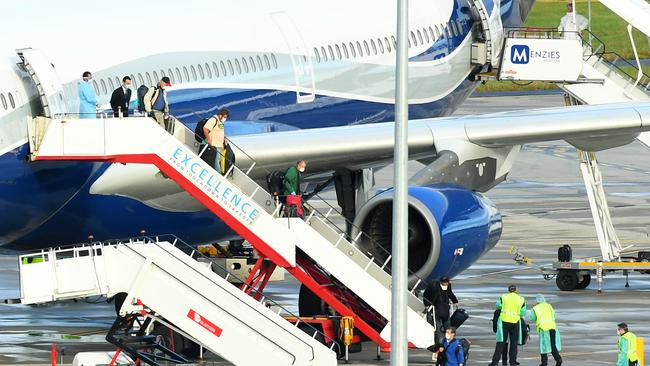
Mr Fleming was overwhelmed by the kindness he was shown by the doctors and nurses there and kissed the tarmac before leaving Uruguay. On the charter flight home with his wife Madge, a retired teacher who also has COVID-19, medics in full protective gear attended to passengers who were separated into sections.
One area was for passengers who tested negative to COVID-19. Another was for passengers like the Flemings who tested positive but were asymptomatic. And yet another area was set aside for those who were sick.
Mr Fleming did not get to fulfil his lifelong dream of visiting the grave of his hero, Sir Ernest Shackleton, but he says he is changed by the kindness that he was shown in Montevideo hospital.
“Uruguay is a very small country, with a population of just over four million people. Boy, has it got a heart,” he wrote to family and friends from his seat on the rescue flight while just four seats away a man was being given oxygen.
“They (the Uruguayan medics) came on to the ship to test us for coronavirus and then took some of us ashore to look after us. We, strangers (indeed foreigners) with the dreaded virus, were being given a lesson in the meaning of love and compassion.”
Read Jesz Fleming’s full letter here
Foreign Minister Marise Payne thanked embassy staff and the ship’s owner, Aurora Expeditions. “I am immensely grateful to my Uruguayan counterpart, Foreign Minister Ernesto Talvi, whose flexibility in negotiating directly with me to establish the conditions for their passage through Montevideo via a special humanitarian sanitary corridor onto an aircraft was indispensable”.
The Department of Foreign Affairs and Trade was faced with the task of helping 6000 Australians from more than 50 cruise ships around the world when the coronavirus hit. Slowly, it has helped thousands get home. It is believed there are fewer than 200 Australians from six cruise ships stranded.
The Greg Mortimer passengers were prepared for the possibility they would need to pay $15,000 each to fly home on the medically fitted-out aircraft. Eventually, ship owner Aurora Expedition’s insurers covered the costs.
Now there is plenty of time to reflect on an ordeal some passengers say shouldn’t have happened.



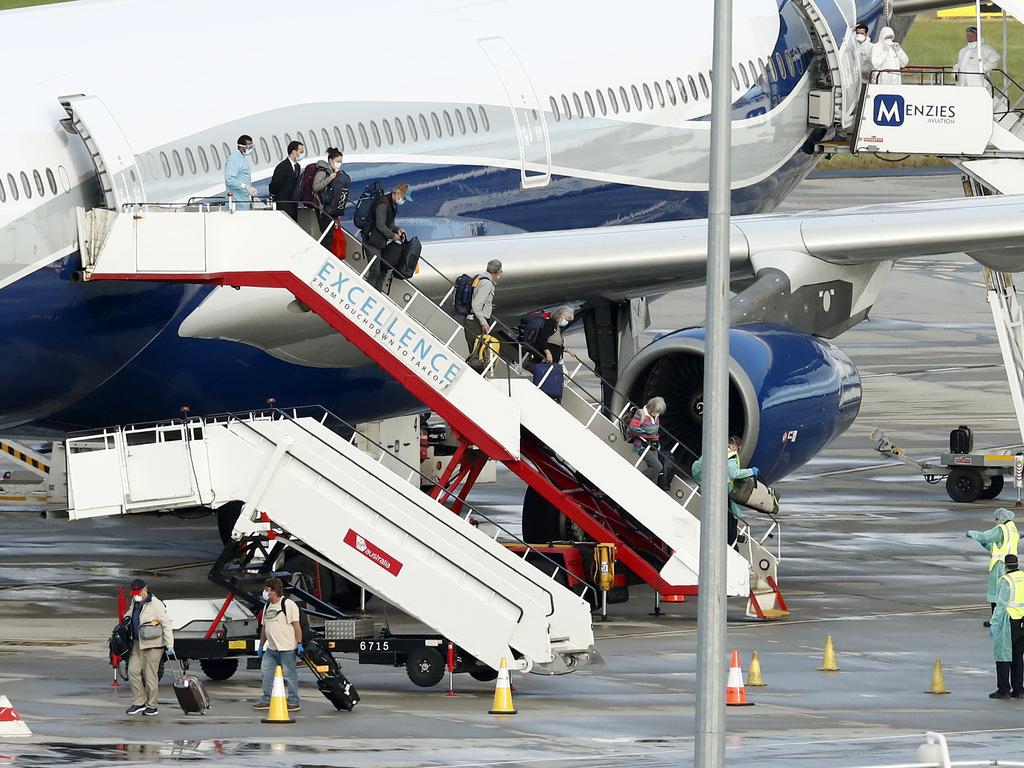

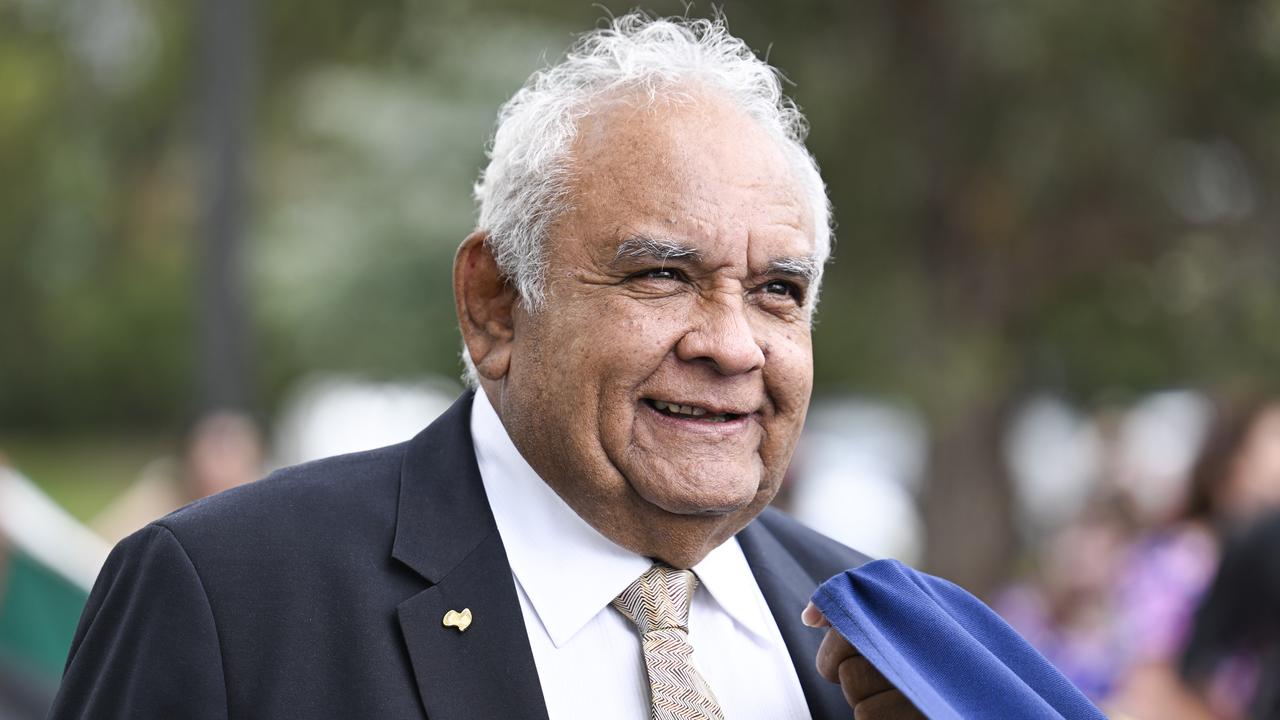
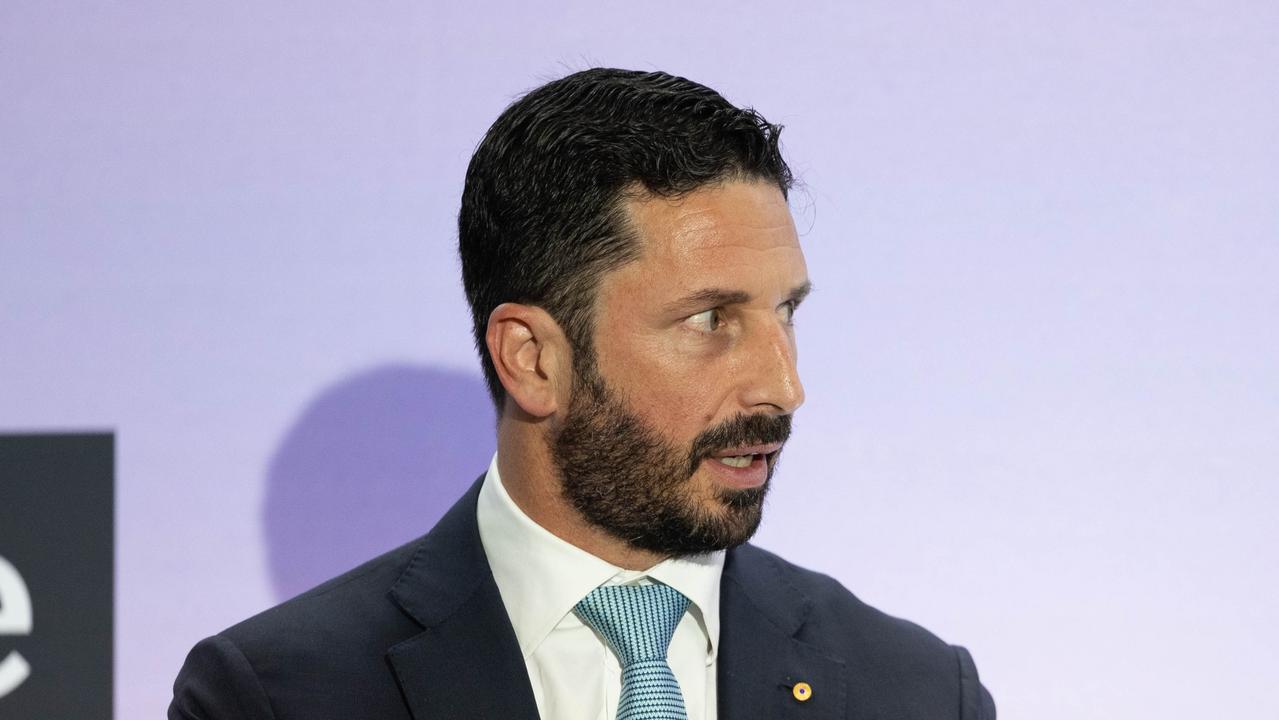
To join the conversation, please log in. Don't have an account? Register
Join the conversation, you are commenting as Logout